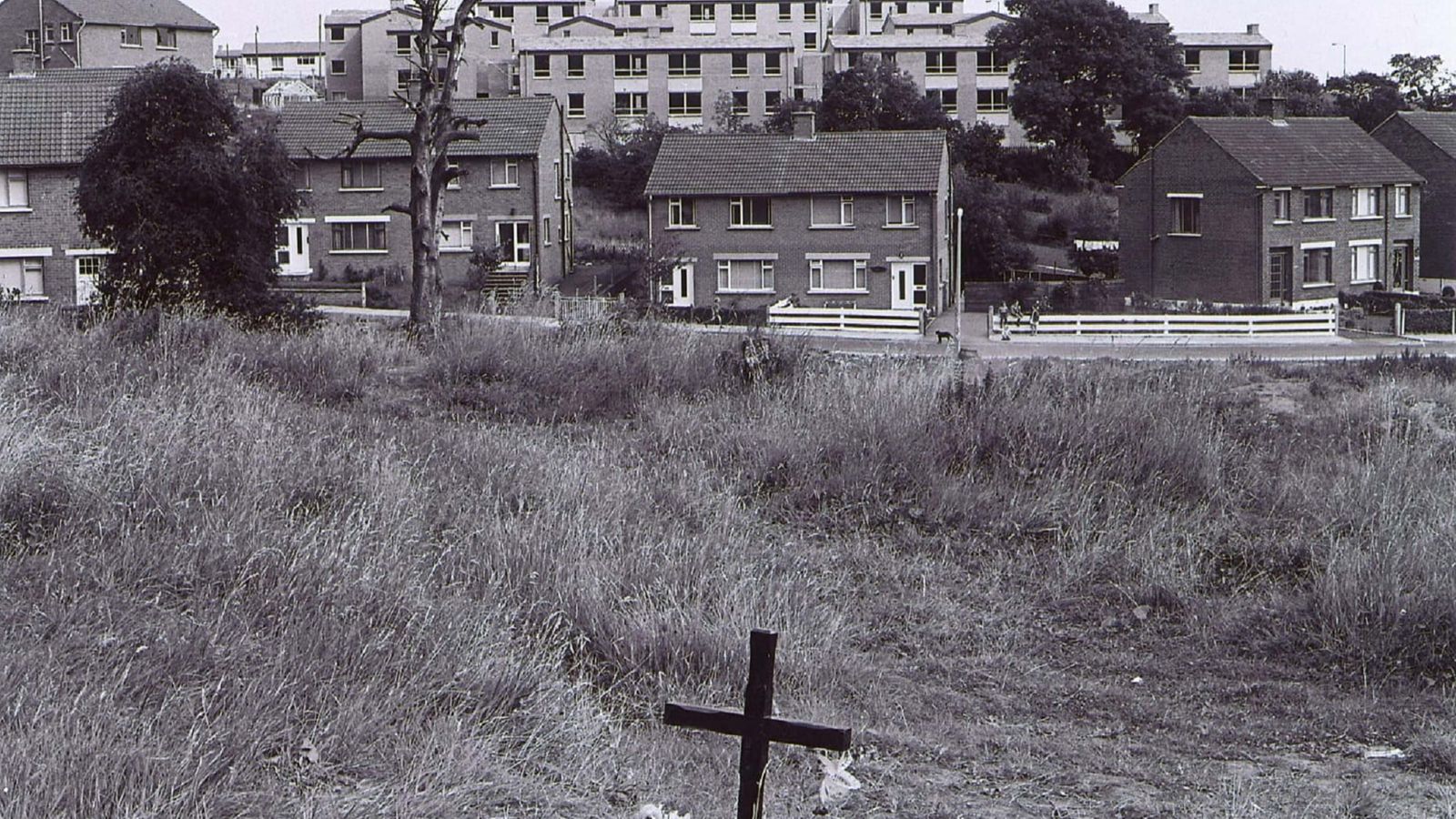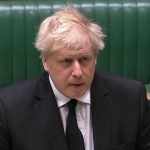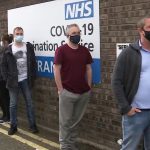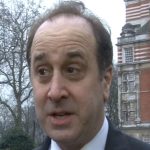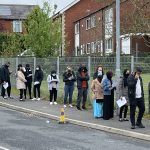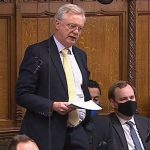Boris Johnson has apologised “unreservedly” on behalf of the UK government over the killing of 10 innocent civilians in Ballymurphy, west Belfast, in 1971.
The prime minister acknowledged the “huge anguish” caused by the “lengthy pursuit of truth” for the families of those killed in shootings involving the British Army almost 50 years ago.
It comes a day after a coroner attributed nine of the 10 shootings over three days in August 1971 to the British Army.
The coroner said there was not enough evidence to determine where the shot that killed the 10th victim came from.
Please use Chrome browser for a more accessible video player
In a call with Northern Ireland’s First Minister Arlene Foster and deputy first minister Michelle O’Neill on Wednesday, Mr Johnson said the conclusions of the Ballymurphy inquest were “deeply sad” and the events of August 1971 were “tragic”.
Giving details of the call, a Downing Street spokesperson said: “The prime minister apologised unreservedly on behalf of the UK government for the events that took place in Ballymurphy and the huge anguish that the lengthy pursuit of truth has caused the families of those killed.
“The prime minister restated the government’s intention to deliver a way forward in Northern Ireland that focuses on reconciliation, delivers for victims of the Troubles and ends the cycle of reinvestigations.
“He stressed the importance of working hard to keep the gains made through the Belfast/Good Friday Agreement and of all parties doing their utmost to help the victims’ families find out what happened to their loved ones, so that future generations are not burdened by the past.”
On Tuesday, fresh inquests into the deaths involving the British Army in Ballymurphy concluded the victims were “entirely innocent” and soldiers were responsible for nine of the fatal shootings.
Coroner Mrs Justice Keegan found that the use of lethal force by the Army was not justified.
She also criticised the lack of investigation into the 10th death, that of John McKerr, and said she could not definitively rule who had shot him.
Northern Ireland Secretary Brandon Lewis is due to make a statement on the findings of the Ballymurphy inquest to the House of Commons on Thursday.
Ms O’Neill has described the killings as “British state murder”.
Posting on Twitter on Wednesday, the Sinn Fein politician said she had put to Mr Johnson that “he should apologise to the families of those killed in Ballymurphy by British state forces”.
She added: “After 50 years of cover-up and lies they have been vindicated & their innocence declared.
“Attempts to deny access to justice reprehensible.”
Meanwhile, the DUP’s Mrs Foster said there were “many empty chairs right across Northern Ireland as a result of terrorism”, adding: “I think those people deserve justice and truth just as the Ballymurphy families did.”
Speaking alongside Ms O’Neill at a joint appearance at Clandeboye Golf Club in Bangor, Co Down, Mrs Foster said: “Whatever the secretary of state announces in relation to legacy must not take away that hope of justice.
“Because the Ballymurphy families had a hope of justice for 50 years, and there are many others across Northern Ireland who will want to have that hope of justice as well.
“So I think the secretary of state should listen very carefully to what is being said around all that right across Northern Ireland, because I think that that is really important.”
As part of Tuesday’s Queen’s Speech, the UK government said it was “fully committed to introducing legislation to address the legacy of the Troubles in Northern Ireland” with more details to be provided “in the coming weeks”.
John Teggart, son of one of the 10 killed at Ballymurphy, said Mr Johnson had not offered a public apology, adding it was an “insult to the families” that the prime minister’s apology came in a conversation with others.
Briege Voyle, whose mother Joan Connolly was killed in Ballymurphy, also dismissed Mr Johnson’s apology.
“His apology means nothing, we need him to go back to the Ministry of Defence and tell them to tell the truth, tell our legal team the names of the soldiers who murdered our loved ones and ask them why,” she said.
She added an apology by Mr Johnson in the Commons would have “at least been a bit more respectful… as if he is holding us in a wee bit of respect but to do it this way is trying to push it under the carpet”.
In 2010, former prime minister David Cameron apologised to the families of 13 civil rights marchers in Londonderry in 1972 who were fatally shot by soldiers after an inquiry found all were innocent.
